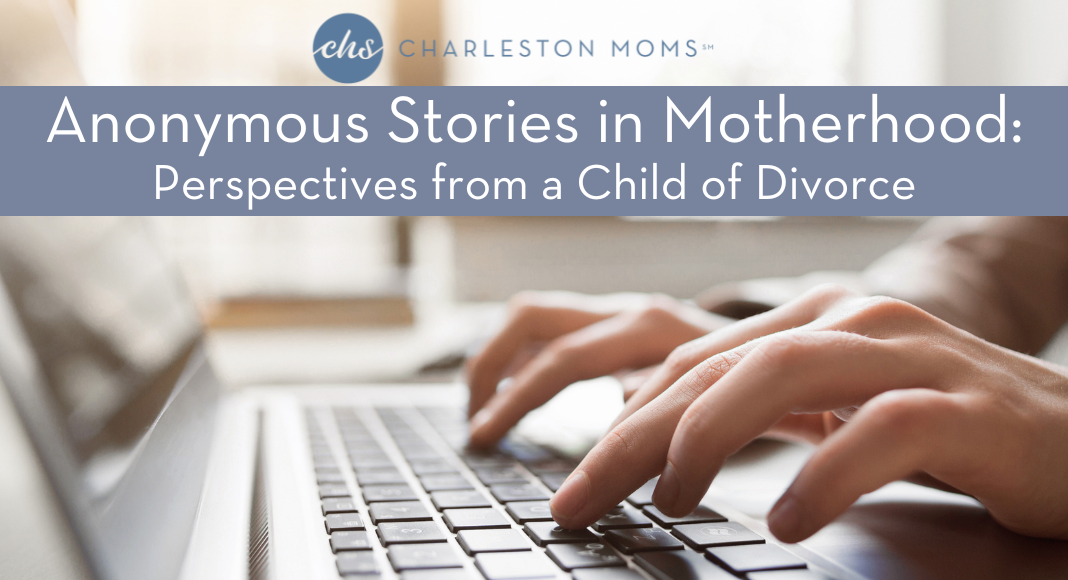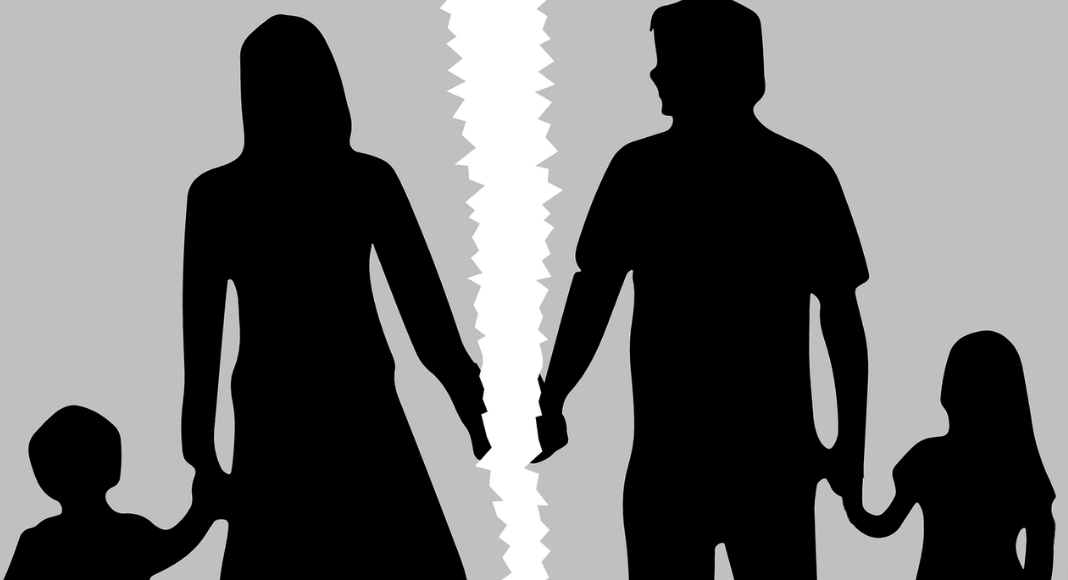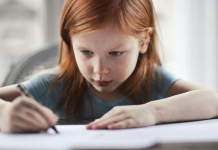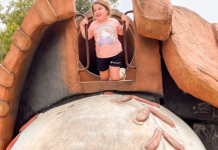 Sitting in my bedroom, I can count 16 decorative items hovering around me that represent our love story. Framing our bedroom door are collages from our dating years. Lyrics from our first dance surround a wedding photo. Various memorabilia from our wedding day are incorporated throughout the room to create our sacred, safe space together. Our wedding vows written out and hanging above our bed remind us of our promises made.
Sitting in my bedroom, I can count 16 decorative items hovering around me that represent our love story. Framing our bedroom door are collages from our dating years. Lyrics from our first dance surround a wedding photo. Various memorabilia from our wedding day are incorporated throughout the room to create our sacred, safe space together. Our wedding vows written out and hanging above our bed remind us of our promises made.
Permeating out from our bedroom, I’ve crafted a whole home in which anywhere we look we can’t help but remember our lifelong commitment to each other. It’s never-ending. My husband and I are so different, I’ve wanted to make sure we literally never lose sight of the fun we had that made us fall in love in the first place. And I desperately want us to be reminded at every turn that this marriage is our priority for the foundation of our family.
On the one hand, it’s all kind of romantic and makes our home feel very personal and full of love. But on the other hand, I recognize all these things around our home are due to my deep-seated fear. It’s all a physical manifestation of a safety net I want covering our home and our family.
My fear is that we will forget our original love, that we’ll stop striving for it, and that we’ll end up a broken family.
 I am a child of divorced parents.
I am a child of divorced parents.
Although I have amazing parents, and I was a child when it happened, this part of my history stays with me. I have been obsessed over building a strong marriage since before I was even married. Not only did my husband and I partake in pre-marital counseling, but I also sought out all the marriage-related books, Bible studies, and marriage conferences we could get our hands on. We married young, by today’s standards. But even as I was aching to marry this man, I remember I was also terrified. There has always been this string of doubt weaving in and out of our relationship. This lingering, subtle fear of abandoned love has always been just under the surface for me. Even though my husband has never given me a reason to doubt, I frequently wonder if he’ll grow tired of me. I often check with him to see if he’s mad at me — thanks, anxiety. But I also don’t trust myself at times to remain faithful.
My husband and I are opposites in so many ways, but we’ve found purpose (instead of strife) in the ways we’re different. Our personalities, preferences, and emotions have taught us how to deal humbly with differences. The ways we differ actually make us stronger and more balanced as a couple. We have only gotten to this point of strength because we prioritized learning how to do marriage well and communicating ad nauseam. With everyday challenges and life-changing challenges, we’ve grown together through each. My greatest desire as a child of divorced parents is to stay deeply connected with my husband throughout these growing years with children in the house. We strive to keep our foundation solid and our relationship alive.
Losing and Learning
A decade into my own marriage, I suspect the scar from my parents’ divorce will always impact me. There have been moments when I try to diminish my own pain from their divorce. I find myself reasoning, “It could have been worse” and “Both of my parents are in my life still; I need to quit being so dramatic about it.” But even though the loss could have been much greater, it is still a loss. I lost the possibility of witnessing a role model couple as I’ve grown. I lost my family being a whole unit. I still feel that loss every time we split holidays, celebrations, and time together. So even though it could be worse, I choose to be kind to myself and allow space for grieving when I need it.
Lest it be seen as clinging to a victim mentality, I do believe in the importance of protecting my heart through life. Acknowledging how my parents’ divorce has impacted my own marriage and adult life is imperative for growing and protecting my own family. I do not wish to repeat the mistakes my parents made in their relationship. And isn’t that a part of each of us? Learning from our history and resolving to do better?
I share my experiences not to induce guilt or shame on my parents or anyone who’s gone through a divorce. I understand the heartache that leads to that decision is painful enough. However, I think it’s necessary to also recognize the pain it can bring to children involved. I know my experience doesn’t echo every child’s experience, but I hope to bring to light that children are greatly impacted through divorce and beyond. I’m not here to advocate for staying in an abusive marriage but to take steps to keep a marriage healthy before it’s too far gone — for the sake of all hearts involved.
 Supporting a Child (of any age) in Divorce
Supporting a Child (of any age) in Divorce
For the times that divorce does happen though, I also want to share from the child’s point of view ways to support them.
Things to Avoid:
- Making a child the messenger in all communication between parents.
- Speaking poorly about the child’s other parent.
- Dumping all the dirty details of the divorce on the children.
- Making your child your emotional support as you work through your own trauma.
- Joking about your child’s marriage ending in divorce someday.
Perspectives to Hold:
- Communicate with your kids that the divorce is not their fault.
- Multiple children in the home may react differently to the divorce. My siblings and I were at various ages, emotional maturity, and cognitive understanding at the time of the divorce. Therefore, we each needed our own kinds of support through the change. Some of those needs were fulfilled by our parents, and some weren’t. But we recognize now that they were doing the best they could. Be sensitive to how your children are each coping with this change, and be present to their needs.
- Children will need time, and probably therapy, to help heal and process their parents’ divorce. I have participated in family therapy and sought my own counseling at multiple stages of my life.
- Realize there very likely will be fear and scars for them throughout life. Don’t claim guilt over this, just accept this reality and try to remain understanding. Ignoring and minimizing this truth could be more harmful.
- Children may not even wish for their parents to get back together. They may decide that their family is healthier after a divorce, but it can still be hard for them.
- If custody is shared, going back and forth can add some emotional exhaustion as kids adjust to the expectations and flow of each household. Be patient with any regression that your kids may experience during the transition.
- If custody isn’t shared, children may wish it is, or at least want to see both of their parents — no matter how much they’ve been hurt by one or the other. Even if a child hasn’t been well taken care of, or even abused by a parent, they may still seek that parent’s love and approval, and have hope for things to change for the better.
Trauma is very much interwoven in divorce — for all parties involved, no matter the exact details. As we move forward from broken relationships, in whatever role we have in the family unit, let us seek healing, support, and growth. May we walk in understanding, and deal gently with one another — especially the children who rely on our physical and emotional health most.













